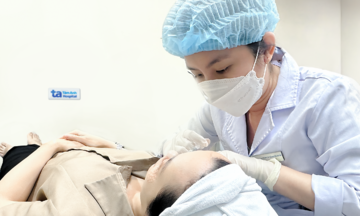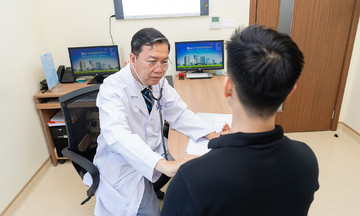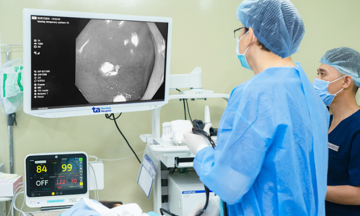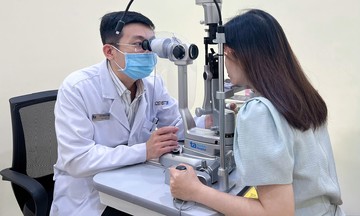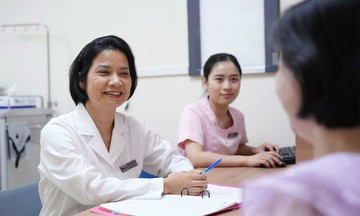Answer:
HPV, the human papillomavirus, is easily spread through sexual contact, including vaginal, anal, and oral sex. Anyone who has ever been sexually active is at risk of infection at some point in their life.
Although less common, HPV can also be transmitted through shared personal items containing infected bodily fluids. In this case, the virus enters the body through cuts or abrasions on the skin, such as on the lips, anus, genitals, or the mucous membranes of the mouth, nose, and eyes.
Precocious puberty is the onset of puberty before the age of 8 in girls and 9 in boys. Children experiencing this will undergo hormonal changes, accelerated growth of bones, muscles, and reproductive organs, the appearance of pubic hair, and voice changes.
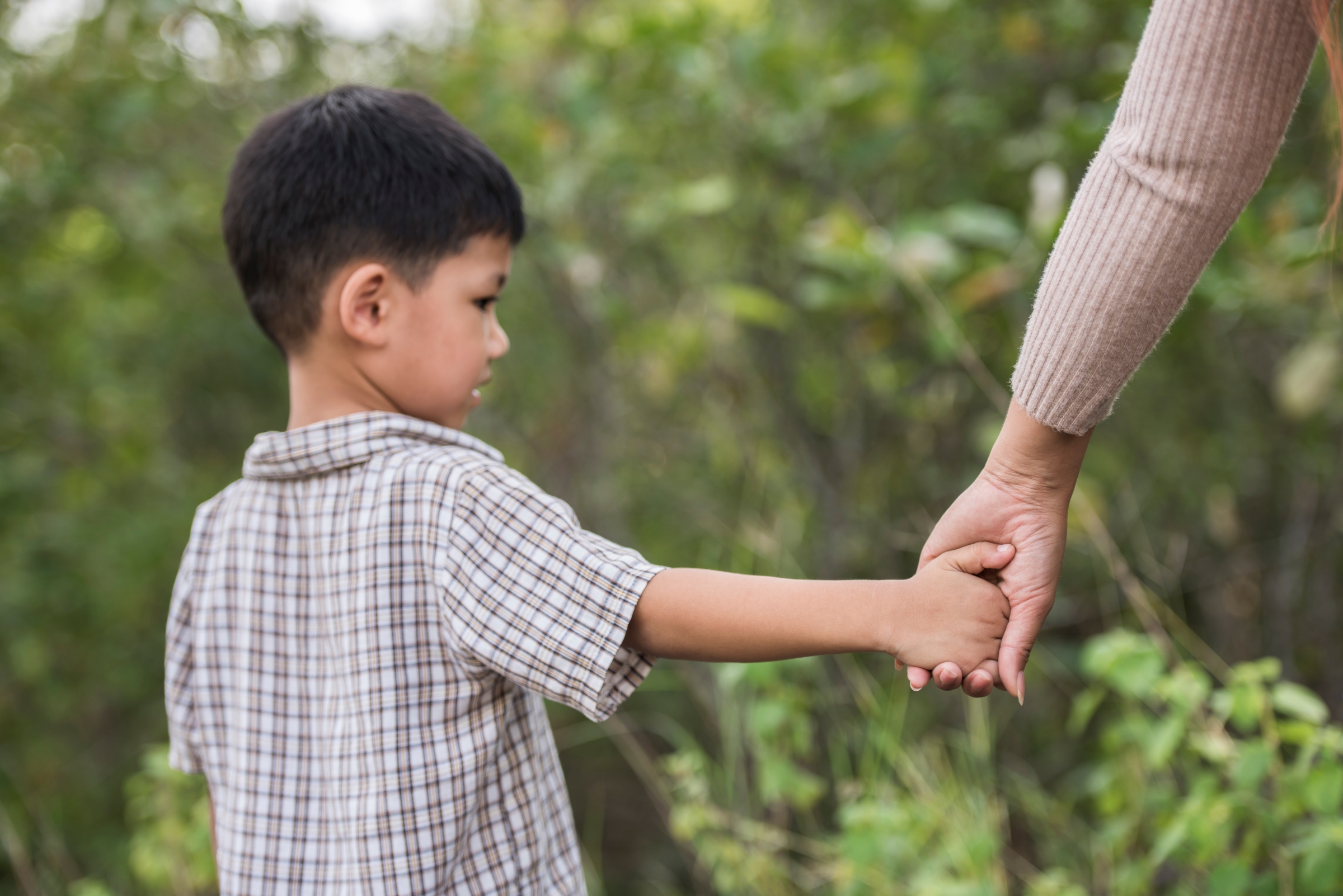 |
Parents should support their children during precocious puberty to prevent sexually transmitted infections. Illustrative photo: Vecteezy |
Parents should support their children during precocious puberty to prevent sexually transmitted infections. Illustrative photo: Vecteezy
Children with precocious puberty are unlikely to contract HPV without sexual contact or exposure to the virus. However, these children often have a height, psychological maturity, and physical appearance beyond their age, which can increase their risk of sexual abuse. They may also be more curious about sex, leading to early sexual activity and potential consequences like contracting sexually transmitted infections, including HIV, HPV, and hepatitis B. Therefore, it's crucial to follow your doctor's guidance for treating precocious puberty and to have open conversations with your son about sexual health and self-protection.
Encourage your son to avoid sharing personal items, get enough sleep, exercise regularly, and participate in social and outdoor activities to promote healthy growth and strengthen his immune system. Ensure his diet is nutritious, limiting sugary drinks, fast food, and high-energy foods.
Conditions like genital warts, cervical cancer, throat cancer, and anal cancer are caused by various HPV types, and vaccines are available to protect against some of them.
The Gardasil vaccine protects against 4 types (6, 11, 16, and 18) and is recommended for girls and women aged 9-26. The newer Gardasil 9 vaccine protects against 9 types (6, 11, 16, 18, 31, 33, 45, 52, and 58) and is recommended for males and females aged 9-45, offering over 90% protection.
Your son is currently 7 years old, meaning he is two years away from being eligible for vaccination. If you are concerned about him contracting HPV, you can implement the preventive measures mentioned above and vaccinate him when he reaches the appropriate age. Boys aged 9 to under 15 only require two doses of the Gardasil 9 vaccine, saving both cost and time while providing early protection.
Doctor Le Thi Minh Nguyet
Medical Manager, VNVC Vaccination System
Readers can submit vaccine-related questions for doctors to answer here.




